POLLYANNA JONES reveals an alleged account of how Oliver Cromwell used satanic forces to win the Battle of Worcester in the English Civil War
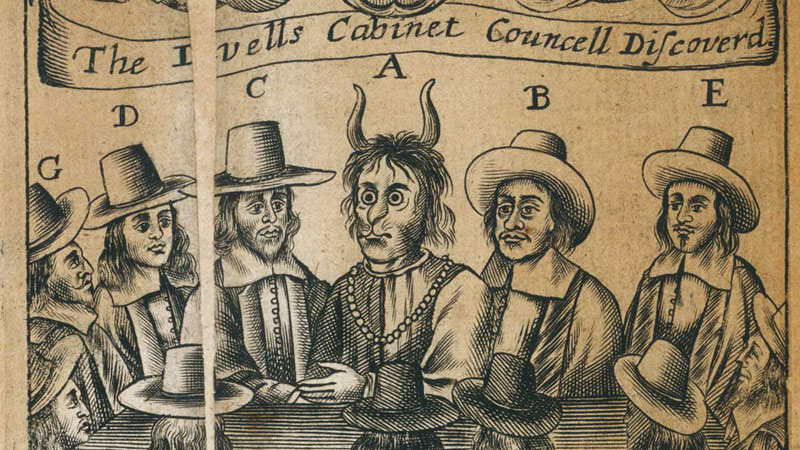
It was the time of the English Civil War. Parliamentarians, loyal to Oliver Cromwell, were doing battle around the country to overthrow Royalist forces.
Having already executed King Charles I in 1649, Cromwell had recently won victory at the Battle of Dunbar, capturing Edinburgh.
The Scottish wanted to see King Charles I’s son, also called Charles, put on the throne, and Cromwell’s forces defeated.
With Scottish allies, Charles was made King of Scotland. Cromwell’s men had brutally slain men, women, and children north of the English border, and the consensus was that he had to be stopped at all costs. Charles II and his forces subsequently made an attempt to invade England and capture London whilst Cromwell was still engaged in Scotland.
The Battle of Worcester
The year was 1651, and they had got as far as the city of Worcester.
Followed by Cromwell and his men, the march to London had been abruptly halted, with the Parliamentarian army making ready to strike.
With thick city walls, and the river Severn to add to its strategic defences, Worcester had held and was garrisoned up against Cromwell’s men, known as “the Roundheads” after the rounded helmets that they wore.
King Charles’ forces were vastly outnumbered. Having around fourteen thousand men within Worcester, Cromwell had at least twenty-eight thousand at his command.
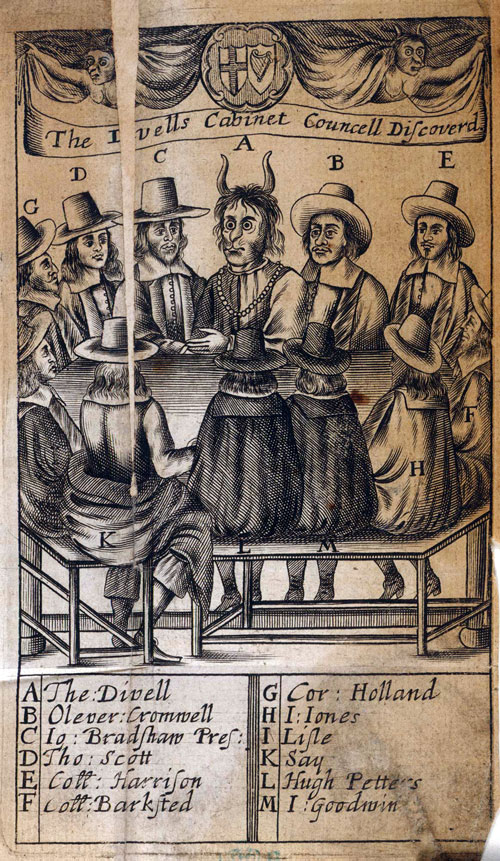
In order to further increase the defences, the Royalists were given the order to blow up four key bridges that gave access to Worcester. This bought the King’s forces some respite, yet Cromwell was not discouraged and sent one of his Generals, John Lambert, south to Upton-upon-Severn. Seizing the damaged bridge with his unit of Dragoons, Lambert had it rebuilt, and soon the Parliamentarian forces had Worcester surrounded.
By this point, Cromwell had around 31,000 men. The city of Worcester was ringed around the south and east and to the north. All that could be done was to hold themselves in a siege and hope that reinforcements or some miracle would arrive. Surely God himself was on the side of the true King and his loyalists.
Cromwell had chosen to site his camps around Perry Wood and Red Hill, which gave him cannon range over the city. Fond of his large artillery, he used a favoured method of blasting structures to smithereens. Evidence of this destructive method can still be seen in Britain and Ireland, where his troops had been ordered to blow up castles and other stately homes so that they could not be reclaimed for use by the enemy.
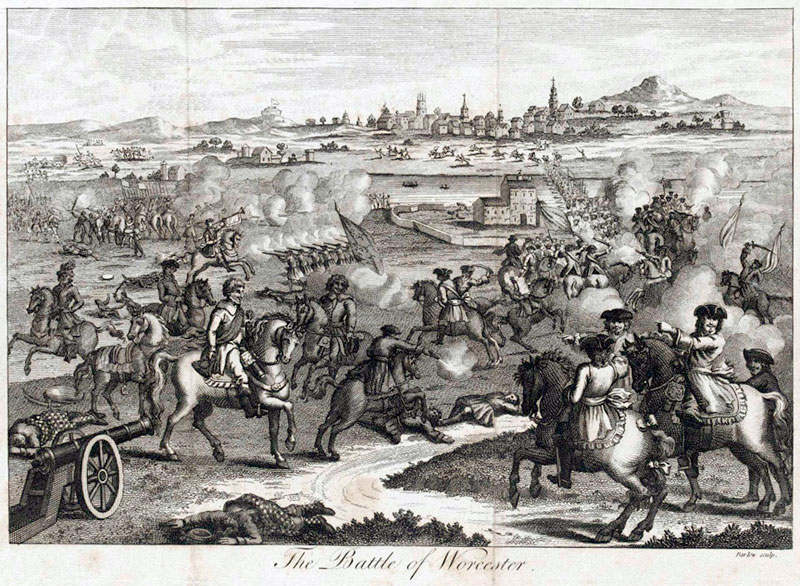
The Parliamentarians seemingly took their time. It was not until a council of war took place, that the attack to seize Worcester really took momentum.
Cromwell’s forces were split in half to cut off the escape from the city, and it is at this point in history that the tale takes a turn for the supernatural.
It is said that on the morning of September 3rd, a visitor arrived at Cromwell’s camp in Perry Wood. Part of the vast and ancient Feckenham Forest, the area was already steeped in legends and superstition, so it is not surprising that such an event should take place.
An alleged account by Colonel Lindsay, first Captain of Oliver Cromwell’s own regiment, describes how he was taken with Cromwell himself into the wood to meet ‘a grave elderly man with a roll of parchment in his hand’. This man filled Lindsay with an uncontrollable horror and trembling, as he realised who this visitor really was.
“The aged unknown promised Oliver to ‘have his will then, and in all things else for seven years’, at which date it would be his – the devil’s – turn to have complete mastery over Cromwell’s soul and body.”
According to the tale, Cromwell had argued with the Devil over this short span, expecting twenty-one years. After the bargain was made, Cromwell was reputed to have cried out joyously to the Colonel, ‘Now Lindsay, the Battle is our own, I long to be engaged.’
Lindsay deserted, galloping away at first charge, lest he be damned to the Devil along with his General, whilst Cromwell fought with wanton confidence and leading his men himself. Robert Staplyton wrote how ‘the Lord hath clothed us with white garments, though to the enemy they have been bloody’. Dressed in white, spattered with the blood of their foes, led by a man who was described to ‘exceedingly hazard himself’ riding up and down the lines, offering quarter to each enemy he met, it is easy to imagine how rumour of this pact with Satan had granted Cromwell and his army unholy powers.
The large Parliamentarian army closed in on the city and in a last desperate attempt of redemption, Charles II led a personal sally towards the east. Working their way uphill into Perry Wood, they were met with pike and gun and were subsequently routed and driven back to Worcester.
Fleeing back into the city, Cromwell’s forces closed in on the Royalists, and the streets ran red with blood. Worcester city was littered with the bodies of men and horse, blocking passage through the streets in heaps. Two thousand men were slain at a cost of two hundred of Cromwell’s. Around nine thousand prisoners were taken, with the terrified Royalists surrendering to their enemies.
Worcester had fallen. The last major Scottish Royalist army had been destroyed, with those that survived being sent off to the colonies to serve as little more than slaves as indentured labourers. Charles II fled to France and the Netherlands.
But what of Cromwell? He did indeed win the English Civil War, yet the Devil takes his own. He died on September 3rd, 1658, exactly seven years after his pact with the Devil in Perry Woods.
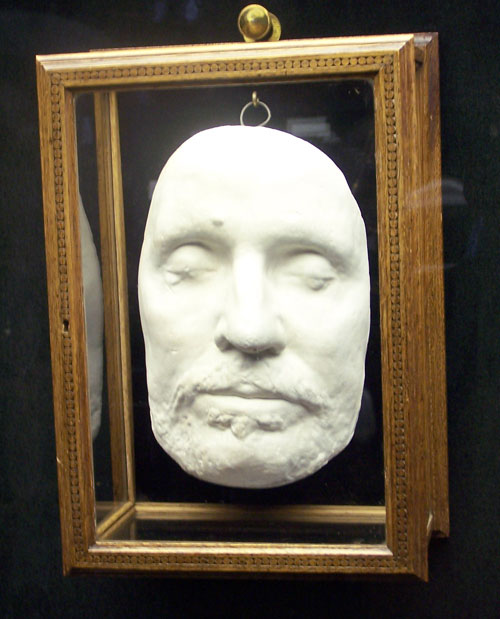



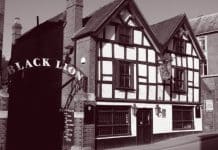

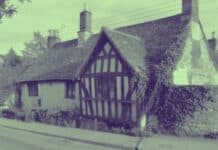


Bunk! Had Cromwell made such a pact with the Devil, GOD would have intervened — particularly as Cromwell was a Bible-believing, God-fearing man, who did everything in his power to propagate the Gospel.
I suspect that this tripe is the Catholic propaganda used by Charles (soon-to-be) II in order to blacken the Lord Protector’s reputation. That the deserter Lindsay was apparently willing to say such things REEKS of the likelihood of him being threatened with the Inquisition unless he made such a statement.
How about giving EVERY possibility to a story, rather than just one?
No: there was no catholic propaganda since catholics had been all slained and in exile for your information, at least 20 years before. Indeed, sama as king Saul consulted a witch, you forget that, as the old english saying states “The devil also quotes and knows the Scriptures”…and same aplies to the tyrant, traitor to both sovereigns and regicide Cromwell as well.
Oh dear me! I thought all that Catholic/Protestant nonsense had been left back in history or Northern Ireland.